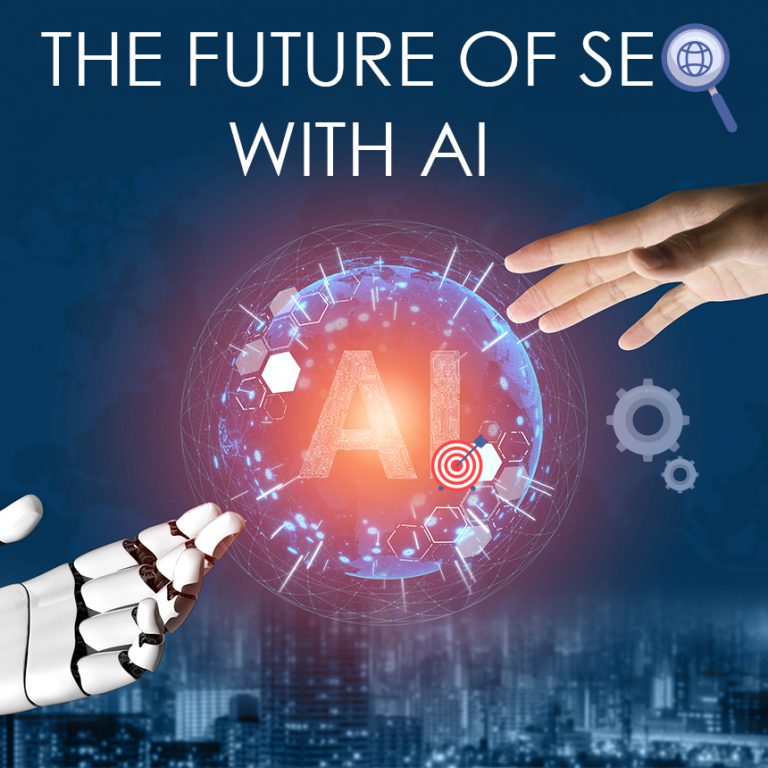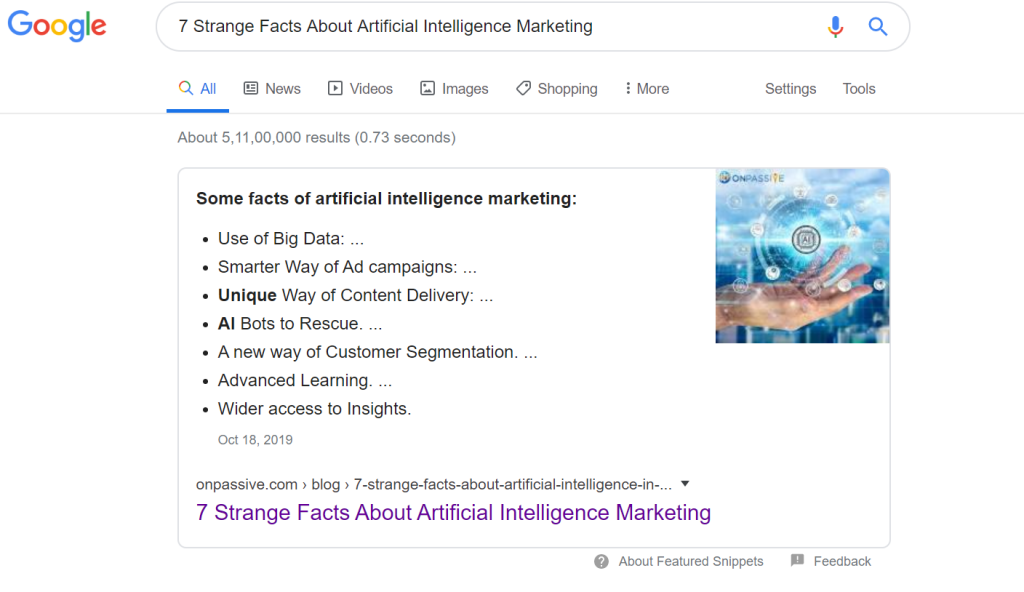
Artificial intelligence has created a vortex in the technology pool and every industry, sector, and business is getting sucked in. At the forefront of everything AI, is search engines. Today’s blog focuses on the search engine’s research and development and how the search engine companies further plan to hone their search engine optimization by harnessing AI in the future.
Google’s Hummingbird:
A Google update that was released in August 2013, aimed at overhauling Google’s core algorithm. The purpose was to give users better results than what they used to get. What made this new and different you may ask? Google introduced a ‘conversational search’ where people could use voice searches and this led to the opening of the digital world to have a conversation with the customer.
The best part of the conversational search was that the search engine understood what you were saying. Moreover, search engines also were able to give the location details of the search keyword as well. The search engine now could produce more accurate results by just understanding consumer’s needs better. The introduction of Hummingbird impacted two search engine factors considerably:
Knowledge Graph: Google had released this update a year earlier to Huumingbird’s. Knowledge graph provided SERP features that deliver quick, rich snippets related to a search query. For Google to understand if that would match consumer’s search needs, it had to implement semantic search.

Semantic Search: Its goal is to precisely match the SERP results to the language being searched beyond specific keywords. It focused more on the intent of a search rather than giving literal results.
Artificial Intelligence and SEO:
AI offers opportunities to improve SEO. The three main areas that we’ll be focusing on here are insights, automation, and personalization.
- Insights: AI can process and analyze data trends. This very feature of AI makes it a vital tool in the future of SEO. Artificial intelligence software can sift through all the noise and present clean results that allow firms to make knowledgeable decisions. Firms can use AI for SEO insights by ensuring the content is crawlable, they map intent to the content, understand the customers’ journey and needs and finally they recognize content opportunities.
- Automation: Managing SEO is not easy. We have seen SEO professionals spending large amounts of time on managing SEO. SEO is so important that it can’t be let to its device. SEO is a long term project and it needs to have people paying close attention to it. Visualize this getting automated. It would leave enough time to focus on content creation and strategic skills. Automation will be able to take over SEO in Tag management, content optimization, keyword research, and internal linking categories. To implement AI for SEO automation, any company or business would have to consider which tasks have the potential for automation. Then find a balance between AI and human labor and the most important part, the user experience.
- Personalization: AI is capable of making personalization in SEO and we have seen large e-tailers and e-commerce sites providing personalized shopping experience. For automation to work more successfully in personalization, marketers need to know their target audience to reach them anywhere and anytime.
Related: How Off-page SEO affects Online Marketing Campaigns?
Future of SEO With Artificial Intelligence:
Going forward, as more AI products are being developed and introduced in the market, SEO plays a vital role in gathering and delivering content to the immediate needs of consumers. Search engines are focusing less on keywords but can recognize quality signals and deliver results with the customer’s intent.
The organic search might wane off in the future while paid searches might be relevant but paid searches might act as organic searches where the highest bidder with content that matches the searcher’s intent and great user experience will prevail.
The future of SEO could be drastic as this, where professionals practicing SEO might be asked to have SEO revolving around the person doing the searching. And AI could decide the rankings based on this. Quality content will be the order of the future. Content could become more precise for search engines to deliver results quickly. Content optimization to be more exact will be crucial.
Individuals and small business owners can take a look into the ONPASSIVE smart marketing solutions platform to simplify their business needs such as digital marketing, SEO, and related subjects. ONPASSIVE’s AI-enabled smart business tools are already future-ready and the plug-n-play is hassle-free to use and delivers the most intended results within the stipulated time.
Related: ONPASSIVE: The Smart Way of Online Marketing in 2020


